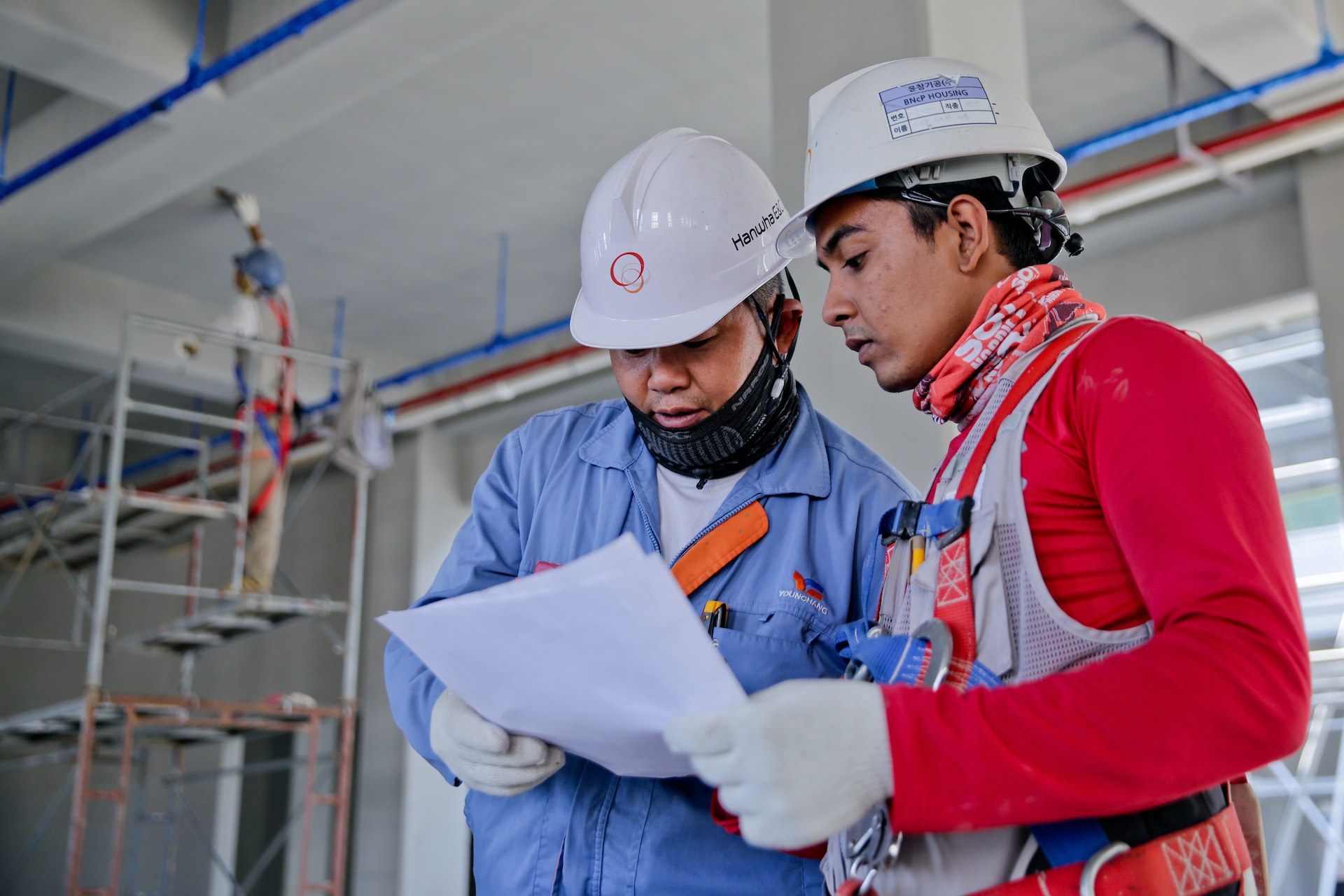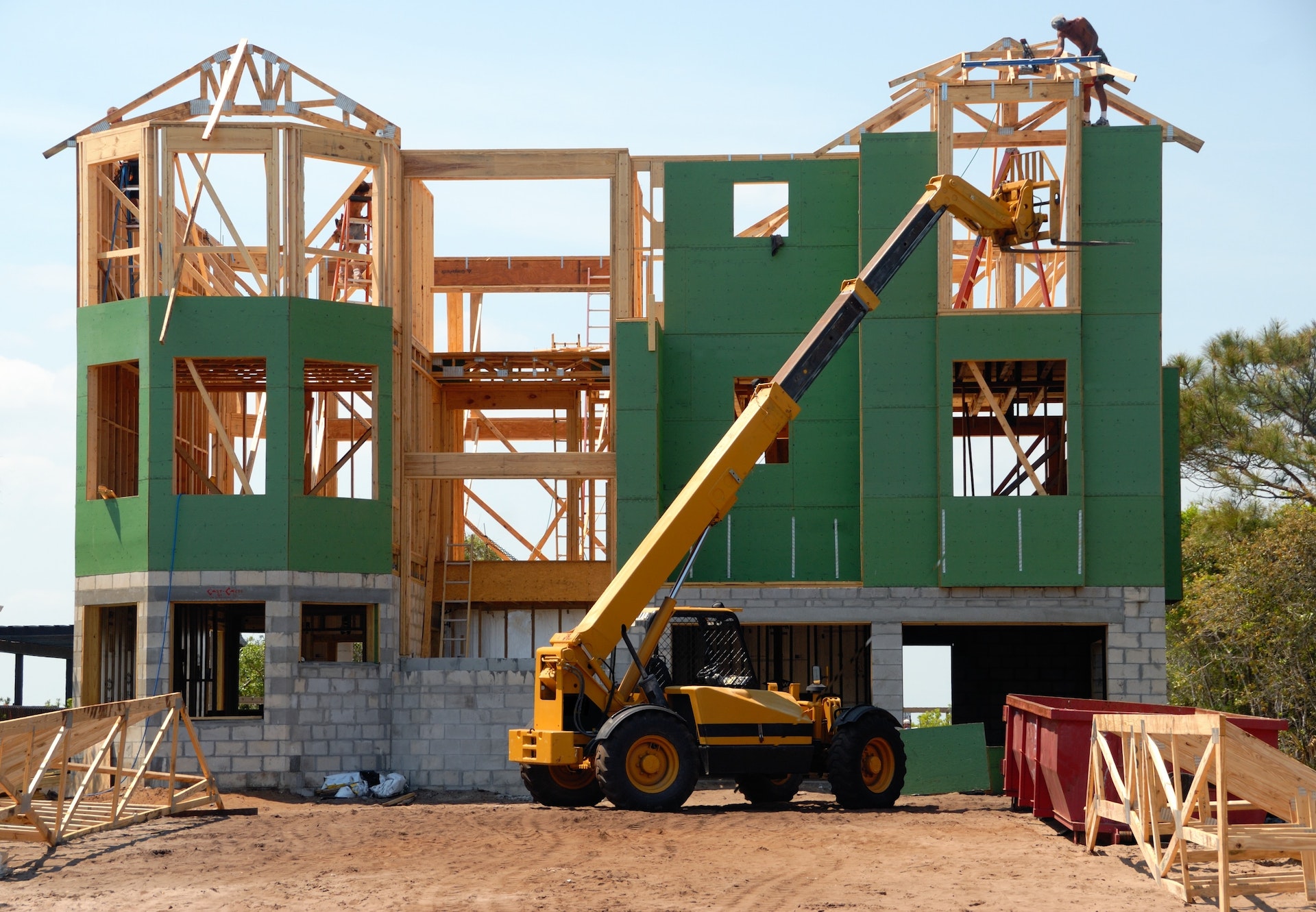Understanding The Laws Of Construction
Learn about the laws of construction that govern construction projects. From building codes and environmental regulations to cost estimates and financing, this article covers everything you need to know to ensure a safe, compliant, and financially viable construction project.
Author:K. N.Jan 31, 202345K Shares1.2M Views

The construction industry is heavily regulated to ensure safety, quality, and compliance with building codes and standards.
These regulations, known as the laws of construction, govern every aspect of construction projects from planning and design to execution and completion. In this article, we'll discuss some of the key lawsof construction that you should know.
What Are Construction Laws?
Construction laws are a set of regulations that govern the design, construction, and use of buildings and infrastructure. These laws cover a wide range of topics, including building codes, zoning laws, safety regulations, and environmental regulations.
Building codes are standards that specify the minimum requirements for construction projects. They cover things like structural design, fire safety, and accessibility. Zoning laws determine how land can be used and what types of buildings can be constructed in certain areas.
Safety regulations are designed to protect workers and the public from accidents and hazards on construction sites. They cover things like equipment safety, fall protection, and hazardous materials handling.
Environmental regulations are designed to minimize the environmental impact of construction projects by regulating things like air and water quality, biodiversity, and climate change.
If you want to stay up-to-date on the latest trends and developments in the construction industry, be sure to check outCommercial Architecture Magazine. This website covers everything from innovative building designs to sustainable construction practices, making it an essential resource for builders, architects, and construction professionals alike.
Building Codes
Building codes are a set of regulations that specify the minimum standards for construction projects. They cover everything from the size and placement of windows and doors to the materials used in construction.
The International Building Code (IBC) is the most widely used building code in the United States, but there are also state and local codes that may have additional requirements.
If you're planning a construction project, it's important to understand the building codes that apply to your area. Failing to comply with these codes can result in fines, legal action, or even demolition of the building.
Zoning Laws
Zoning laws are regulations that govern the use of land in a particular area. They specify what types of buildings can be constructed in different zones, such as residential, commercial, or industrial. Zoning lawsalso cover issues such as building height, setbacks, and parking requirements.
If you're planning a construction project, it's important to understand the zoning laws that apply to your area. Failure to comply with zoning laws can result in fines, legal action, or even the forced removal of the building.
Environmental Regulations
Environmental regulations are laws that govern the impact of construction projects on the environment.
They cover issues such as air and water quality, waste disposal, and the protection of endangered species. These regulations are enforced by agencies such as the Environmental Protection Agency (EPA) and the U.S. Department of Agriculture (USDA).
If your construction project involves environmental issues, such as building on wetlands or near a protected habitat, you may need to obtain permits and comply with additional regulations. Failing to comply with these regulations can result in fines and legal action.
Cost Estimates
One of the key economic considerations in construction is cost. Cost estimates are used to determine the expected cost of a construction project. They take into account factors such as labor, materials, equipment, and permits. Accurate cost estimates are essential for budgeting and project planning.
If you're planning a construction project, it's important to work with a contractor who can provide accurate cost estimates. This can help ensure that the project stays within budget and that there are no unexpected costs.
Financing
Financing is another important economic consideration in construction. Construction projects can be expensive, and many require financing to get off the ground. There are a variety of financing options available, including loans, grants, and tax credits.
If you're planning a construction project, it's important to explore all of your financing options and choose the one that best meets your needs. Working with a financial advisor or consultant can help you navigate the complex world of construction financing.
Construction Contracts
Construction contracts are legal agreements between the owner of a construction project and the contractor hired to complete the project. These contracts specify the scope of work, the timeline for completion, and the payment terms. They also address issues such as change orders, disputes, and warranties.
If you're planning a construction project, it's important to have a written contract with your contractor that outlines all of the terms and conditions of the project. This can help avoid misunderstandings and disputes down the road.
Safety Regulations
Safety regulations are laws that govern the safety of workers and the public during construction projects.
They cover issues such as worker training, personal protective equipment, and safety equipment on the job site. These regulations are enforced by agencies such as the Occupational Safety and Health Administration(OSHA).
If you're a contractor or a construction worker, it's important to be familiar with safety regulations to ensure your own safety and the safety of others on the job site.
Environmental Impact Assessments
In many cases, construction projects can have a significant impact on the environment. For example, building on wetlands or near a protected habitat can disrupt ecosystems and harm wildlife. To ensure that these impacts are minimized, environmental impact assessments(EIAs) are often required.
EIAs are studies that evaluate the potential environmental impacts of a construction project. They take into account factors such as air and water quality, biodiversity, and climate change. Based on the findings of the EIA, recommendations may be made to modify the project design or mitigate the environmental impacts.
Sustainable Construction Practices
As the environmental impact of construction becomes more widely recognized, there is a growing emphasis on sustainable construction practices.
Sustainable construction aims to minimize the environmental impact of buildings and infrastructure by using environmentally friendly materials, reducing energy consumption, and minimizing waste.
Some examples of sustainable construction practices include using renewable energy sources, such as solar or wind power, designing buildings to maximize natural light and ventilation, and using recycled or sustainably sourced materials.
By implementing sustainable construction practices, builders can help reduce the environmental impact of construction projects and create a more sustainable future.
People Also Ask
What Is Construction Law USA?
Construction law is the set of rules and laws that govern how buildings and structures are planned, designed, and built. Local, state, and federal laws can all affect construction in different ways. Lawyers can work in all areas of construction law, or they can focus on just one or two.
What Is The Rules Of Constructing?
Rules of construction are the laws and policies that a court uses to settle a dispute between the people who signed a contract.
What Is Construction Law In UK?
In the field of construction law, things like infrastructure, housing, building permits, engineering, and construction and engineering are looked at.
The most important thing to know about construction law is that it has two main types: those that are not disputed and those that are.
Conclusion
The laws of construction play a critical role in ensuring the safety, quality, and compliance of construction projects.
Building codes, zoning laws, environmental regulations, and construction contracts are just a few of the key laws that you should be aware of.
By understanding and complying with these laws, you can help ensure the success of your construction project.

K. N.
Author
Latest Articles
Popular Articles


